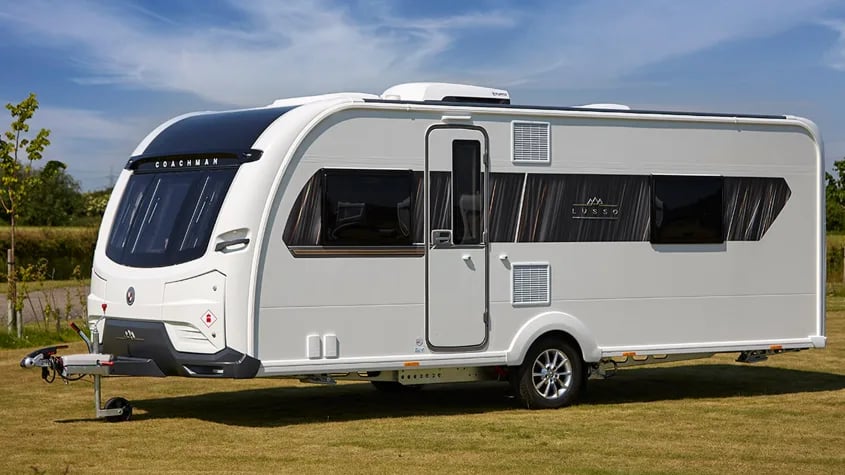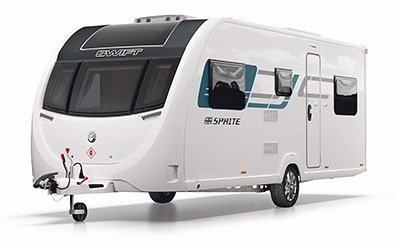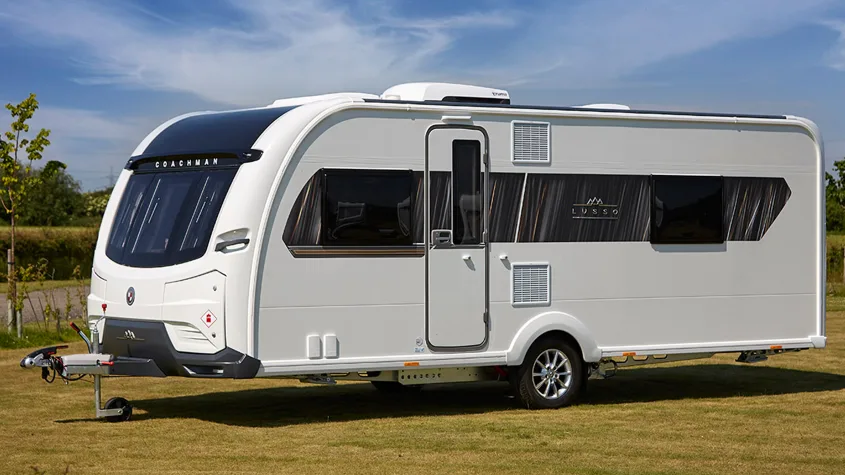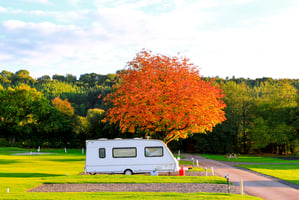Travelling the green road: How to limit the environmental impact of your caravan
Towing a caravan in the United Kingdom is a popular way for many to explore the scenic beauty of the countryside. However, this enjoyable experience comes with its own set of rules and regulations that all caravan enthusiasts need to adhere to. In this blog post, we will delve into the key information about towing caravans in the UK, providing you with essential information to ensure your journeys are both safe and compliant with the law.
1. Driving Licence Requirements
Before you even think about hooking up a caravan, you need to know what your driving licence permits you to do, as the general rules on towing changed on the 16th December 2021.
If you passed your driving test before the 1st January 1997 then you have generally always been allowed to drive a vehicle and caravan with a combined maximum authorised mass (MAM) of 8,250kg. The MAM is the maximum unladen weight of a vehicle and the permitted load it can carry.
If you passed your driving test from the 1st January 1997, you’re now allowed to tow caravans up to 3,500kg of the MAM. These changes to the law mean that you do not need an additional towing licence as long as the MAM does not exceed 3,500kg. Also, mandatory car and trailer/caravan driving tests now no longer need to be taken in order for you to tow these items.
You also need to know that before setting off you should check the handbook of the car you will be driving, to find out the gross train weight (GTW), which equates to the combined allowed weight of the car, the caravan being towed and the load permitted.
Do check your licence to see what is listed on it for you as an individual, because if applicable the DVLA will update it to show you are allowed to tow by adding category BE. Be sure also to check the towing rules for Northern Ireland as these may be different.
2. Caravan Sizes
A caravan being towed can be at most 2.55 metres wide and 7 metres long if your car weighs less than 3500kg. If the caravan is wider than your car, you will need to fit it with mirror extenders. General guidelines recommend that the laden weight of your caravan shouldn’t exceed 85% of the unladen weight of the car you are using to tow it.
3. Speed Limits
When towing a caravan, it's essential to be aware of the speed limits in the UK. On single carriageways, the maximum speed limit is usually 50mph (80km/h), and on dual carriageways and motorways, it's 60mph (96km/h).
4. Safety Features
Make sure that the tow bar for your car is ‘type approved’, in that it is designed for your particular car. Use towing mirrors to ensure you have an adequate view when driving, as the width of many caravans can be substantial and they can hinder the driver's view. Be sure to check both the car and caravan tyres before setting off, and make sure the light panel is working and clearly visible from behind.
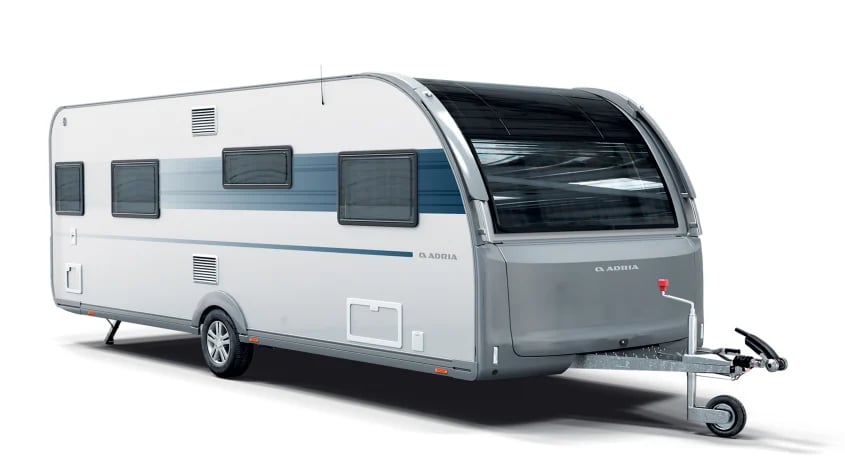
5. Insurance
Most fully comprehensive insurance policies will cover you for towing but some insurers will only do so for third party liability. This means that whilst you would be covered for injury to people or property, the actual caravan would not be covered. Ensure your policy covers both your car and the caravan, and check that it provides adequate coverage for potential accidents or damage while towing.
6. Weight Distribution
Proper weight distribution within the caravan is vital for safety and stability. Overloading the front or rear can lead to swaying. Familiarise yourself with the weight distribution recommendations for your specific caravan model and ensure it's loaded accordingly. Store heavy items in the caravan as low down as you can, and as close to the axle as possible. Never carry passengers in the caravan when it is being towed.
7. Coupling and Uncoupling
Proper coupling and uncoupling are essential skills to master. Ensure that the tow hitch, breakaway cable and electrical connections are secure before hitting the road. The key thing here is to check, and check again! Make sure the jockey wheel is fully retracted and the hitch is fully down over the tow ball. Check that all lights work, for example the brake lights, indicators and headlights - you may need someone to assist with this.
Likewise, uncouple with care to prevent any accidents or damage to parts.
8. Driving Techniques
When towing a caravan, your driving technique needs to be adjusted. Allow for longer braking distances, take wider turns, and be prepared for slower acceleration. Keep a safe distance from other vehicles, and avoid sudden manoeuvres. Caravans are obviously long by nature, so overtaking should be done with caution. Make sure you have a clear view of the road ahead and enough distance to safely overtake slower vehicles. Consider the weather when towing, as strong winds can make caravans sway.
Towing a caravan in the UK can be a fantastic way to explore the countryside, but it does come with its own set of safety considerations and responsibilities - legal or otherwise. By understanding and following the UK law on towing caravans, you can enjoy your travels safely and without the worry of legal repercussions. Remember - it’s important to always stay informed about any updates or law changes to ensure your journeys are both enjoyable and compliant.
Happy caravanning!
